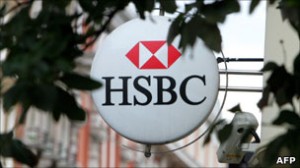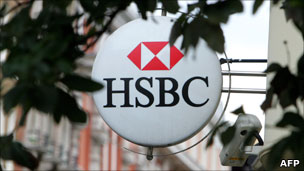
(AFP Photo)
Non-oil producing private sector companies reported activity and orders increases in November, according to HSBC’s monthly Purchasing Managers’ Index (PMI). The headline PMI edged up to 52.5, ending a 13-month period of deteriorating operating conditions in Egypt’s non-oil producing private sector.
“Output rose for the second month in succession and at the quickest pace since data collection in April 2011,” the report said, adding that “new orders also rose at a record pace, with companies commenting on relatively stable political and economic conditions in the country and stronger demand from foreign markets.”
The bank’s report added that the rates of expansion were the quickest reordered in the 32-month survey’s history. The PMI reading in October was 49.5.
“The November survey gives us the first concrete evidence that the real economy has started to find its feet,” said Simon Williams, chief economist for the Middle East at HSBC.
“It will take time to reverse the heavy losses of the past year, and many difficult challenges lie ahead. But provided political order holds, I’m hopeful recovery will gradually pick up steam,” Williams added.
The report stated that readings above 50.0 are considered an improvement in business conditions, while those below 50.0 signify operation deterioration.
The report also pointed out that new export orders marginally increased for the first time in a year and a half with demand rising from Morocco, Gulf countries and the UK, among others.
Despite the growing demand, however, the size of the workforce continued its decline.
“Firms remained reluctant to take on additional staff, the current sequence of job shedding was extended to 19 months,” the report read.
The report stated that an additional deterioration was noticed in the suppliers’ delivery time. The worsening performance was linked to increased demand that faced the country’s curfews at the time.
“Input costs increased at an accelerated pace in November, driven mainly by a sharp rise in purchase prices, while staff cost inflation eased slightly,” the report added, explaining that anecdotal evidence suggested that higher purchase prices were driven by increased raw material costs.
Consequent to increased prices of input, private companies were forced to raise their output charges as well.
“Input buying rose in November. Purchasing activity increased for the first time since July 2012, with more than 16% of panelists indicating an expansion. Concurrently, stocks of raw materials and other pre-production inventories accumulated marginally,” the report said, attributing the rise in input stocks to the increased new businesses.




